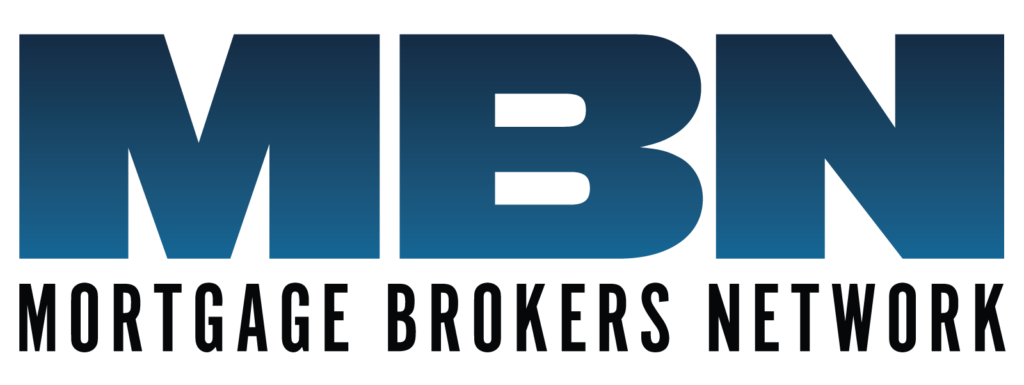Fixed Rate VS Variable Rate Mortgages

Fixed Rate vs Variable Rate, How to Choose?
Fixed rate vs variable rate, which is better? In general, new home buyers and clients looking to refinance their home face this tough decision. Moreover, choosing a fixed rate or variable rate mortgage can have a profound impact on your finances. This is why it is critical to work with an experienced mortgage broker. A mortgage broker can help you assess your decision based on your current finances and long term goals. This allows clients to make the right decision in deciding on a fixed rate or variable rate mortgage.
Indeed, both come with a standard fixed payment that will remain the same over the term of the mortgage. In contrast, the amount being applied to the principal can vary dramatically between the two types of mortgages. For example, with a fixed rate mortgage the amount being applied to both principal and interest payments never changes. Conversely, If you choose a variable rate mortgage, the amount being applied to the principal can either go up or down depending on the changes on the bank’s prime rate.
What’s the difference between Fixed Rate vs Variable Rate?
Rates on fixed rate mortgages never change and could look something like this:
5.00% on a 5 year term amortized over 25 years
In this scenario, the rate of 5% remains the same over the term of 5 years and the amount going to both principal and interest will not change
Rates on variable rate mortgages do change and could look something like this:
Prime – 0.50% on a 5 year term amortized over 25 years
In this scenario, the prime rate, assigned by the bank is reduced by -0.50% for the term of the mortgage. Big banks set their prime rate based off of the Bank of Canada prime rate. Having said that, the prime rate will fluctuate so if prime was 3.5% then the rate being paid on the mortgage would be 3% but if prime went up to 4% then the effective rate would be 3.5%
Pros and Cons of a Fixed Rate Mortgage vs a Variable Rate Mortgage
Pros: Fixed Rate
- A set it and forget it type mortgage. This product allows you to have the comfort of knowing how much you have paid off at the end of the term.
- Rising interest rates do not affect your mortgage.
- The amount going to principal remains the same over the term.
Cons: Fixed Rate
- Historically speaking, variable rates have proven to be a better choice when it comes to rates.
- If interest rates drop you do not benefit from any reduction in prime rate
- Rates are generally higher than that of a variable rate mortgage so the penalties can be higher should you pay it out early.
Pros: Variable Rate
- Historically, rates on variable rate mortgages have been better than fixed rate mortgages.
- You can benefit from reductions in interest rate.
- You could end up saving a lot of money and pay off your mortgage faster.
Cons: Variable Rate
- Increases in prime rate can reduce the amount being paid to the principal of the mortgage.
- Can cause anxiety about the uncertainty of rates.
- Can be harder to qualify for because lenders qualify them using a higher rate.


